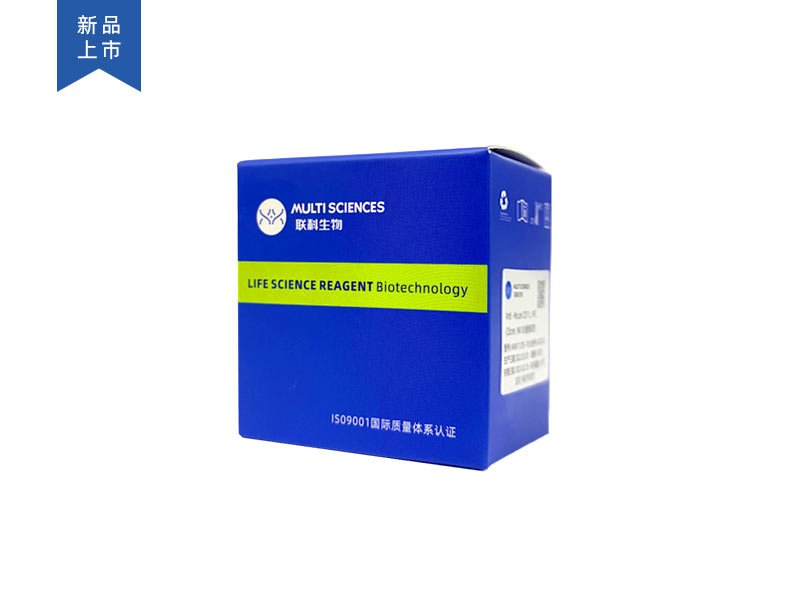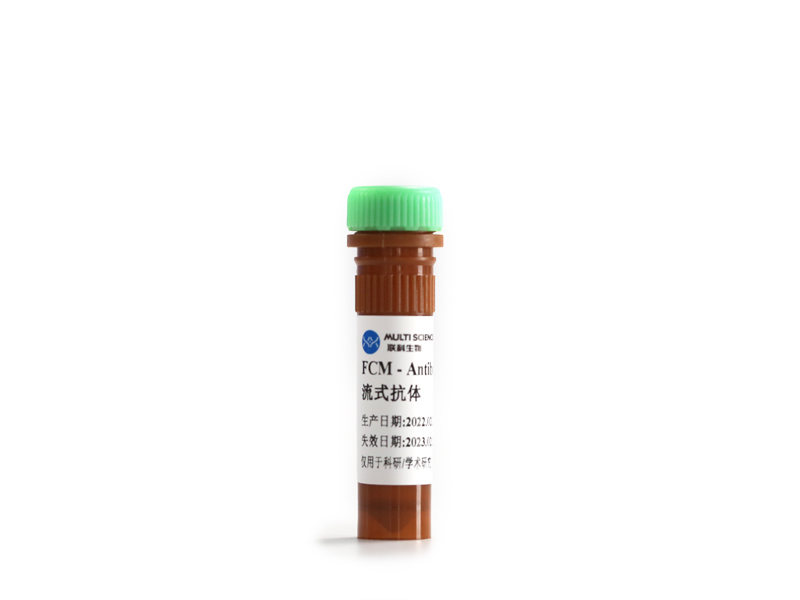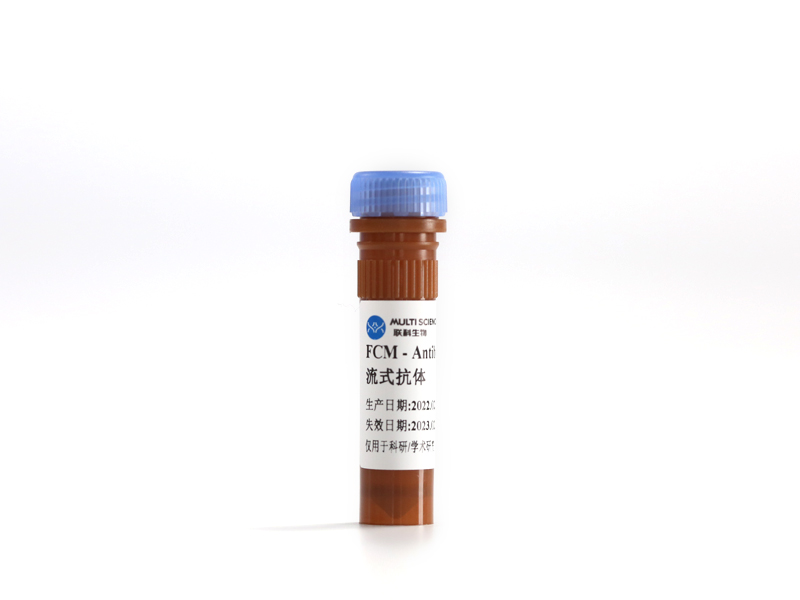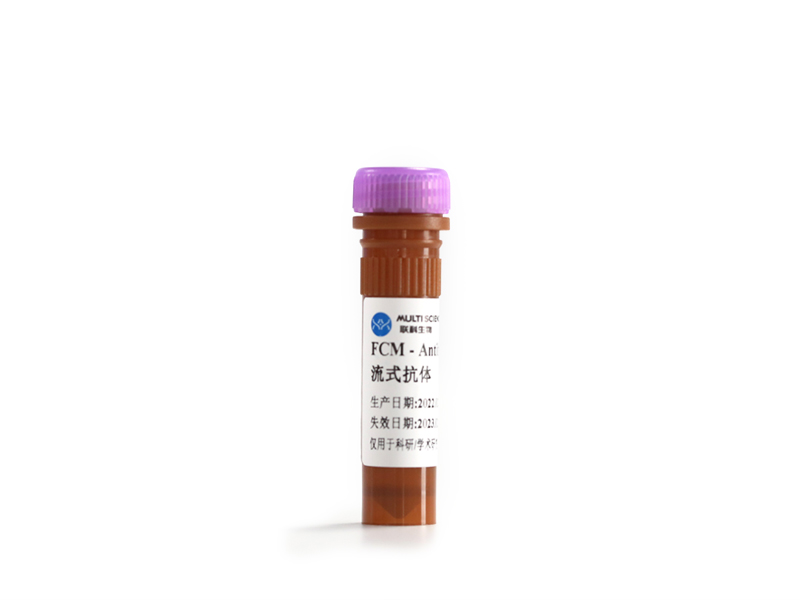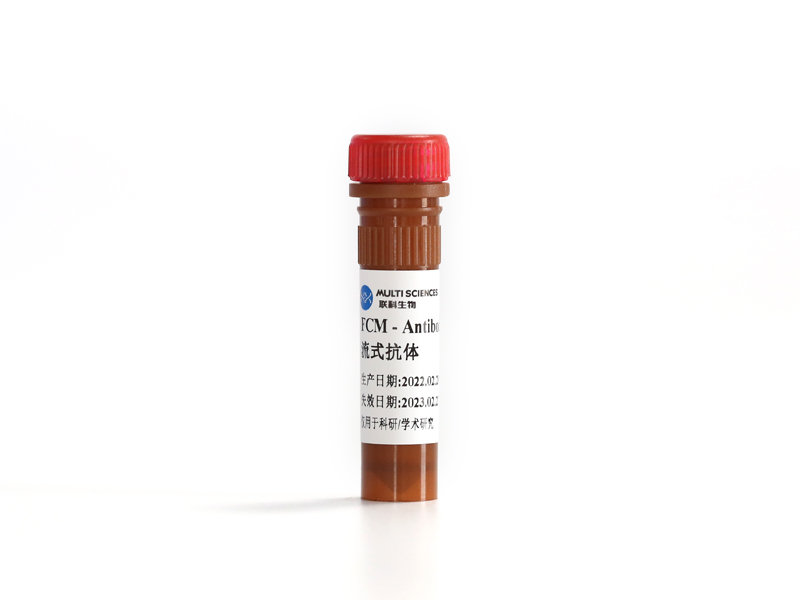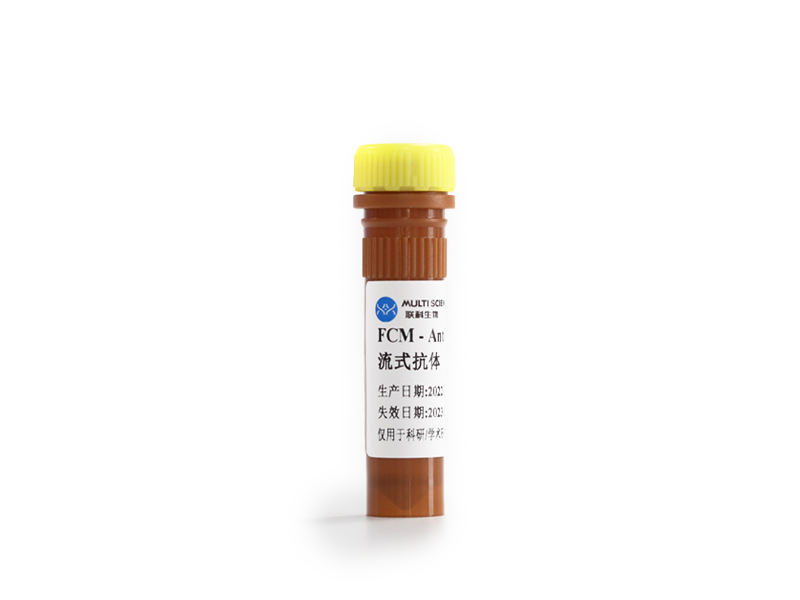Introduction Acute lung injury (ALI) is a severe respiratory tract disorder facilitated by dysregulated inflammation, oxidative stress and intestinal ecosystem. Fecal microbiota transplantation (FMT) is a rapid method for gut microbiota (GM) reconstruction. Furthermore, our previous studies have confirmed that human umbilical cord mesenchymal stromal cells (HUC-MSCs) can alleviate ALI by improving GM composition. Therefore, we aimed to explore the efficacy and mechanism of FMT from HUC-MSCs-treated mice on ALI. Methods In brief, fresh feces from HUC-MSCs-treated mice were collected for FMT, and the mice were randomly assigned into NC, FMT, LPS, ABX-LPS, and ABX-LPS-FMT groups ( n = 12/group). Subsequently, the mice were administrated with antibiotic mixtures to deplete GM, and given lipopolysaccharide and FMT to induce ALI and rebuild GM. Next, the therapeutic effect was evaluated by bronchoalveolar lavage fluid (BALF) and histopathology. Immune cells in peripheral blood and apoptosis in lung tissues were measured. Furthermore, oxidative stress- and inflammation-related parameter levels were tested in BALF, serum, lung and ileal tissues. The expressions of apoptosis-associated, TLR4/NF-κB pathway-associated, Nrf2/HO-1 pathway related and tightly linked proteins in the lung and ileal tissues were assessed. Moreover, 16S rRNA was conducted to assess GM composition and distribution. Results Our results revealed that FMT obviously improved the pathological damage of lung and ileum, recovered the immune system of peripheral blood, decreased the cell apoptosis of lung, and inhibited inflammation and oxidative stress in BALF, serum, lung and ileum tissues. Moreover, FMT also elevated ZO-1, claudin-1, and occludin protein expressions, activating the Nrf2/HO-1 pathway but hindering the TLR4/NF-κB pathway. Of note, the relative abundances of Bacteroides, Christensenella, Coprococcus , and Roseburia were decreased, while the relative abundances of Xenorhabdus, Sutterella , and Acinetobacter were increased in the ABX-LPS-FMT group. Conclusion FMT from HUC-MSCs-treated mice may alleviate ALI by inhibiting inflammation and reconstructing GM, additionally, we also found that the TLR4/NF-κB and Nrf2/HO-1 pathways may involve in the improvement of FMT on ALI, which offers novel insights for the functions and mechanisms of FMT from HUC-MSCs-treated mice on ALI.
文章引用产品列表
-
- F2100301 20 Citations
- 流式抗体
Anti-Mouse CD3ε, FITC (Clone:145-2C11) 流式抗体 (新品)
- ¥208.00 – ¥440.00
-
- F2100403 11 Citations
- 流式抗体
Anti-Mouse CD4, APC (Clone:GK1.5) 流式抗体 (新品)
- ¥208.00 – ¥440.00
-
- F2100810
- 流式抗体
Anti-Mouse CD8a (53-6.7),PE-Cy5 流式抗体 (新品)
- ¥480.00 – ¥1,056.00
-
- F21FP302 17 Citations
- 流式抗体
Anti-Mouse FoxP3, PE (Clone:3G3)流式抗体 (新品)
- ¥720.00 – ¥1,584.00
-
- F2102504 4 Citations
- 流式抗体
Anti-Mouse CD25, PerCP-Cy5.5 (Clone:PC61.5) 流式抗体 (新品)
- ¥1,192.00 – ¥2,640.00
-
- F21049B03
- 流式抗体
Anti-Mouse CD49b,APC (Clone: HMa2) 流式抗体 (新品)
- ¥1,096.00 – ¥2,424.00
-
- F21011C03 15 Citations
- 流式抗体
Anti-Mouse CD11c (N418),APC 流式抗体 (新品)
- ¥480.00 – ¥1,056.00

